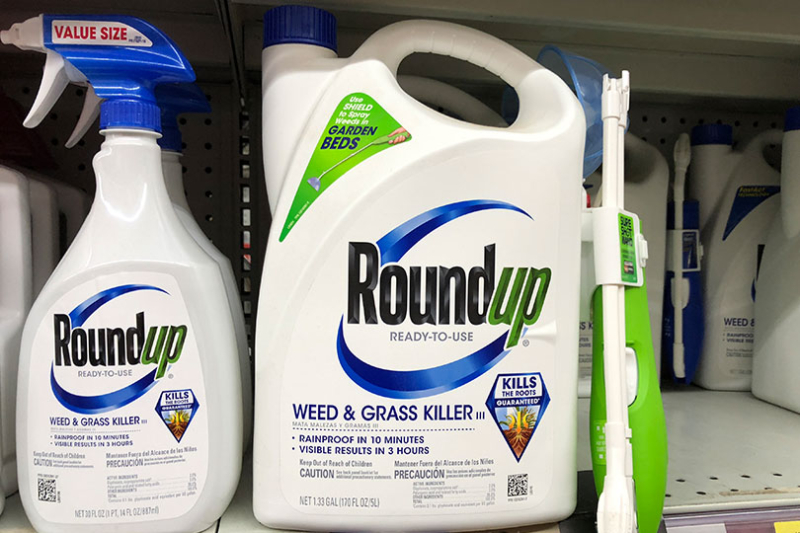By Jennifer Whitlock
Field Editor
After a federal judge denied a proposed class settlement by Bayer regarding Roundup-related litigation, the company announced a five-point plan to address potential future litigation.
“We have legal and commercial options that, together, will achieve a similar result in mitigating future litigation risk, and we will pursue them as quickly as possible,” the company said in a statement, shortly after the judge’s verdict was announced.
Bayer also expressed its intent to possibly remove glyphosate-based products from the U.S. residential market.
The company said it will “immediately engage” with retailers and other partners to discuss the future of glyphosate-based products in the residential market because many of the claimants in Roundup-related litigation used Roundup lawn and garden products.
In the five-point plan, Bayer stressed it remains committed to keeping glyphosate available for agricultural and professional users.
Bayer also plans to create a reference link on the label for all Roundup products. This will take visitors to a website containing scientific studies “relevant to the safety concerns at issue in the litigation.” The website does not seek to make any claims or draw conclusions about the safety of Roundup, but instead provides what the company called a one-stop resource for consumers and professional users to access scientific studies that can help them make their own decisions.
To address potential future claims regarding Roundup, Bayer said it will explore “alternative solutions.”
“The company will also explore the creation of an independent scientific advisory panel comprised of external scientific experts to review scientific information regarding the safety of Roundup,” the announcement stated. “The results will be released publicly and added to the [planned scientific study-based] website, actions that reflect both the company’s confidence in the safety of Roundup and its commitment to scientific rigor and transparency.”
The settlement of existing claims will also be reassessed, with Bayer stating it is open to continuing settlement discussions as long as claimants are qualified, and resolutions can be reached on appropriate terms. However, Bayer cautioned it will regularly reassess whether this approach continues to serve the company’s best interests.
About 96,000 claims have been finalized, are in the final stages of resolution or involve claims that are not eligible.
The company said it also plans to continue pursuing appeals in two ongoing cases, Hardeman and Pilliod, to possibly help manage future liability risk. A third case, Carson, is currently before the 11th Circuit Court of Appeals.
This case raises the same issue that Bayer argues makes it impossible to comply with federal law while also complying with state laws asking for cancer warnings on Roundup labels.
“The Carson case…raises the same federal preemption issue— whether state-based failure-to-warn claims can stand if they are different from or conflict with federal law—that is central to this litigation,” Bayer said. “The company has strong legal arguments on its side and a favorable decision by the U.S. Supreme Court by mid-2022 on cross-cutting issues like preemption or expert evidence would significantly reduce future liability risk.”

